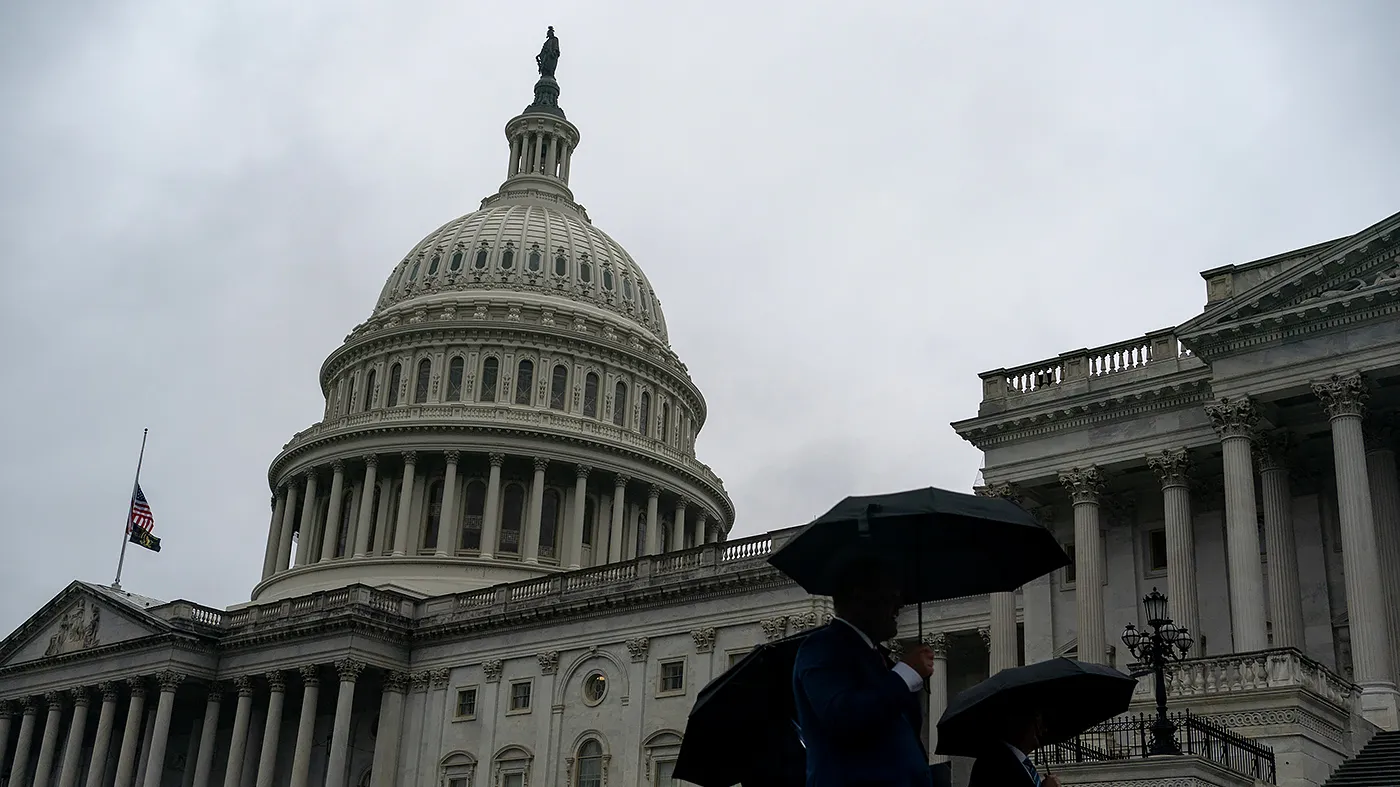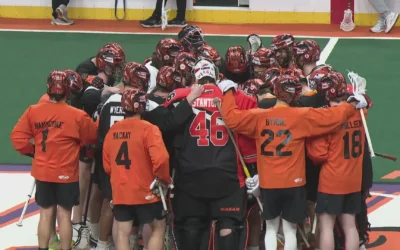The ongoing debate surrounding the budget bill intended for the upcoming fiscal year has taken center stage in the Senate, especially concerning cuts to Medicaid. With implications that extend deeply into healthcare, the discussion has prompted various reactions from both sides of the aisle, especially among Republican senators who have shown signs of resistance against proposed reductions.
In a stunning shift that reflects both political strategy and moral considerations, several prominent Republican senators have publicly criticized the proposed cuts to Medicaid. Senator Josh Hawley of Missouri, often regarded as a staunch conservative, recently outlined his belief that not only are such cuts “morally wrong” but also “politically suicidal.” This stark warning illustrates the growing unease within the GOP regarding the potential fallout from cuts to a program that serves millions of vulnerable Americans, including the elderly, disabled, and low-income families.
The Medicaid program, which is jointly funded by state and federal governments, provides essential healthcare coverage to millions of Americans. The prospect of cuts has raised alarms among advocacy groups, healthcare providers, and family members of nursing home residents, all of whom stand to be severely impacted should the proposed measures go forward. As the aged population continues to rise in the U.S., the strain on affordable healthcare solutions becomes more pressing, making the reliability of Medicaid even more critical.
Senate Floor Discussions
During a recent debate on the Senate floor, Senator Hawley articulated a poignant argument against the cuts, emphasizing the ethical implications and the real-life consequences of such measures. “When you talk about cutting Medicaid, you’re talking about cutting essential services for people who have nowhere else to turn. These are not just numbers on a balance sheet; they are lives we are putting at risk,” he stated passionately.
Hawley’s comments have been echoed by other senators, including those from traditionally conservative states that benefit significantly from Medicaid funding. For many Republicans, supporting Medicaid is neither a partisan issue nor solely a philosophical one; it touches their constituents directly. Nursing homes, critical components in elder care, rely heavily on Medicaid to cover a significant portion of their operations. Cutting funds could lead to increased rates for families or, in the worst case, closures that leave thousands without necessary care.
Bipartisan Dynamics at Play
The ideological divide over Medicaid cuts underscores a broader trend in American politics: the potential for bipartisan collaboration on issues that directly affect the welfare of citizens. While Democrats have traditionally championed Medicaid expansion and against cuts, some Republicans are aligning themselves with these progressive ideals as the pressure mounts to protect essential services from reductions.
This phenomenon is not entirely new. In recent years, there has been a tendency for some bipartisan alliances to emerge among legislators, particularly on matters threatening public health and safety. The ongoing pandemic has highlighted the importance of robust healthcare programs, drawing eyes to the fragility of systems like Medicaid. Voicing concerns over the proposed budget cuts allows some Republicans to uphold their commitments to constituents while distancing themselves from potentially damaging party-line votes.
Concerns from Constituents
Grassroots responses have additionally influenced the position of several Republican senators. Town hall meetings and public forums reveal a growing concern from constituents regarding potential Medicaid cuts. Many family members of nursing home residents have shared harrowing stories about the challenges faced when trying to secure care for their loved ones. The potential loss of Medicaid funding would exacerbate existing issues related to care accessibility and quality.
“My mother is in a nursing home and relies on Medicaid to help with costs. If those funds are cut, we may not be able to afford the care she needs,” said one local constituent during a recent town hall meeting with Senator Hawley. Stories like this are not isolated; they reflect a larger collective anxiety among families dependent on the program.
Healthcare and Future Elections
As the election cycle approaches, many political analysts suggest that healthcare issues—including Medicaid—could be pivotal in shaping voter sentiment. Senators who wish to maintain their seats or gather support from independent voters are recognizing the potential pitfalls of failing to protect essential services. Hawley’s outspoken stance against Medicaid cuts may resonate well with an electorate that is increasingly focused on healthcare accessibility, prioritizing advocacy over party lines.
Polling data shows that healthcare remains one of the top issues for voters heading into midterm elections, with a significant majority of Americans advocating for the protection of Medicaid services. For those in the GOP, this poses a dual challenge—having to navigate inter-party expectations while also responding to constituency needs.
Potential Outcomes
The debate over the budget bill and Medicaid cuts promises to be a protracted one, as both Senate leadership and the White House navigate the political treacheries that lie ahead. With strong pushback from multiple factions within both parties, the possibility that the final bill will bear little resemblance to the original proposal increases. Concessions may be necessary, but the extent of any that may be reached remains unclear.
Ultimately, whether this signals a fundamental shift in how Republicans address issues of public welfare remains to be seen. As they wrestle with the implications of their Medicaid policy stances, one thing is clear: the political landscape surrounding healthcare in America is rapidly evolving, and the stakes are higher than ever.
Public Reaction and Moving Forward
The reaction from the public has amplified through social media and other platforms, allowing ordinary citizens to weigh in on the discussion in unprecedented ways. Pro-Medicaid organizations are mobilizing campaigns to raise awareness on the risks associated with the cuts, urging their communities to contact their representatives.
This grassroots activism may prove to be a key factor influencing the decisions of lawmakers in the coming weeks. The potential for reform in the proposed budget bill depends largely on the pressure brought by advocacy groups and engaged constituents who understand the weight of the decisions being made. While the outcome remains uncertain, what is evident is a growing consensus that protecting the integrity of healthcare services, particularly Medicaid, resonates deeply within the American public. As conversations continue, it is incumbent on legislators to thoughtfully engage with these voices as they navigate the boundaries of fiscal policy and moral responsibility.







